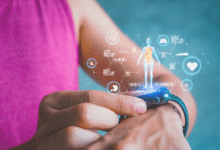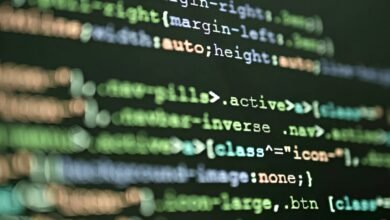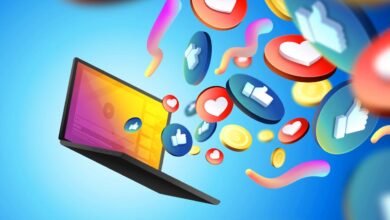Unlocking the Potential of IoT: Enhancing Lives and Industries in 2023
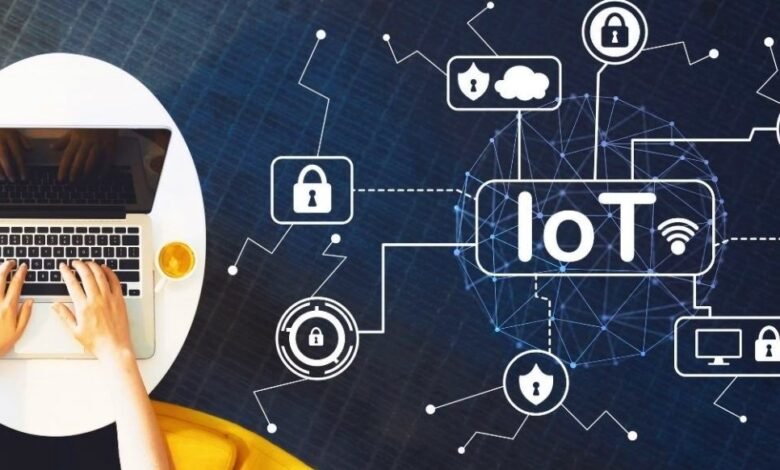
In today’s fast-paced world, technology continues to shape and transform various aspects of our lives. One such transformative technology is the Internet of Things (IoT), which has been gaining significant momentum over the past decade. IoT has the potential to revolutionize industries, improve efficiency, and enhance the quality of life for individuals around the globe. In this article, we will explore Unlocking the Potential of IoT, its impact on different industries, the challenges it faces, and the future trends in IoT.
The Internet of Things refers to a network of interconnected devices that can communicate and share data. These devices, equipped with sensors, actuators, and connectivity capabilities, can collect, exchange, and analyze data to automate tasks, provide valuable insights, and improve decision-making processes. From smart homes to industrial automation, IoT has found applications in various domains, enabling seamless connectivity and creating a network of intelligent devices.
Read more: Unlocking the Potential of IoT in 2023: Enhancing Lives and Industries
Evolution of IoT technology
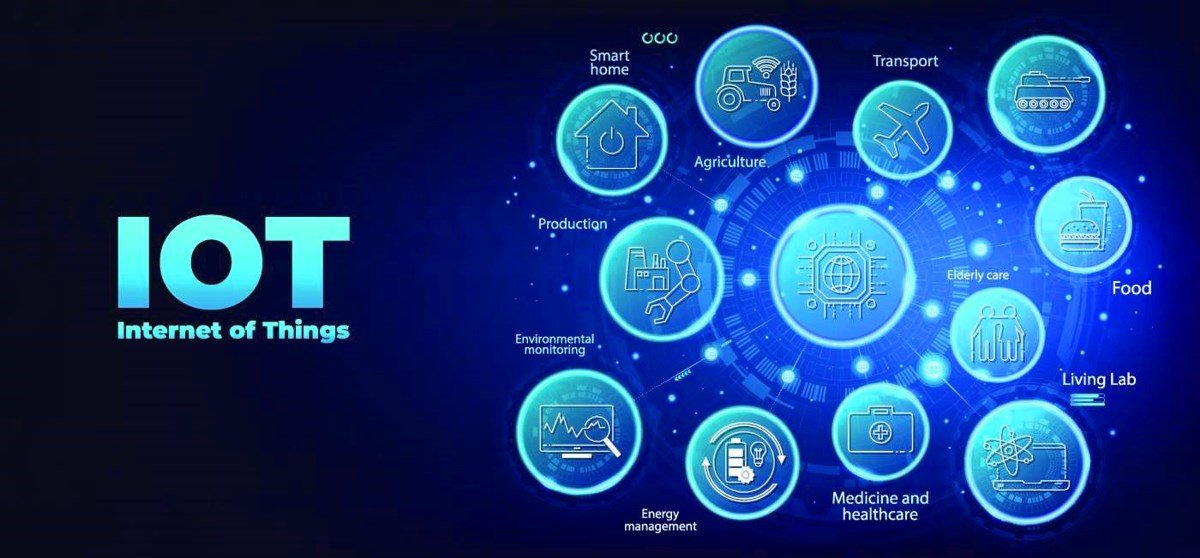
The development of IoT can be traced back to the early 2000s when researchers began exploring the possibilities of connecting devices and leveraging the power of data. The advancements in wireless communication, miniaturization of sensors, and the proliferation of internet connectivity paved the way for IoT’s growth. Over time, IoT technology has evolved, becoming more sophisticated and capable of handling complex tasks.
Impact of IoT on Industries
IoT in healthcare
IoT has made significant strides in the healthcare sector, revolutionizing patient care and improving outcomes. Connected medical devices and wearables enable remote patient monitoring, facilitating early detection of health issues and providing personalized healthcare solutions. IoT-powered devices can track vital signs, medication adherence, and sleep patterns, allowing healthcare professionals to deliver proactive and timely interventions.
IoT in transportation and logistics
The transportation and logistics industry has also benefited greatly from IoT adoption. IoT-enabled sensors and tracking systems improve supply chain visibility, optimize route planning, and enhance overall operational efficiency. Real-time monitoring of vehicles and goods ensures timely delivery, reduces costs, and minimizes disruptions. Additionally, IoT-powered solutions help enhance fleet management, driver safety, and customer satisfaction.
IoT in agriculture
Agriculture is another sector experiencing the positive impact of IoT. Smart farming techniques empowered by IoT enable farmers to monitor soil moisture levels, weather conditions, and crop health. This data-driven approach facilitates precision agriculture, minimizing resource wastage, and maximizing crop yield. Automated irrigation systems, livestock monitoring, and smart pest control mechanisms contribute to sustainable farming practices.
IoT in manufacturing
IoT has revolutionized the manufacturing industry by enabling the concept of Industry 4.0. Smart factories equipped with the Potential of IoT devices and sensors create a connected ecosystem where machines, systems, and humans collaborate seamlessly. This connectivity optimizes production processes, predicts maintenance needs, reduces downtime and enhances overall productivity. With real-time data analytics and predictive algorithms, manufacturers can make data-driven decisions, improve quality control, and streamline operations.
IoT in smart cities
The concept of smart cities is gaining momentum, thanks to the Potential of IoT technology. IoT-enabled sensors and networks can monitor and manage various aspects of urban life, such as traffic flow, waste management, energy consumption, and public safety. Smart city initiatives leverage IoT to enhance sustainability, improve resource allocation, and provide citizens with a better quality of life. Connected infrastructure, intelligent street lighting, and optimized transportation systems are some examples of IoT applications in smart cities.
Challenges and Concerns in implementing IoT
While the potential of IoT is immense, some several challenges and concerns need to be addressed for its successful implementation. One of the primary concerns is data security and privacy. With a vast amount of data being collected and shared, ensuring the confidentiality and integrity of this data is crucial. Additionally, interoperability issues between different IoT devices and platforms pose a challenge to seamless connectivity and data exchange.
Security and privacy issues in IoT
The interconnected nature of IoT devices makes them vulnerable to cybersecurity threats. Poorly secured devices can be exploited by hackers, leading to data breaches, identity theft, and unauthorized access. It is essential to prioritize security measures, including robust authentication protocols, data encryption, and regular security updates, to protect the Potential of IoT ecosystems and user privacy.
Future trends in IoT
As IoT continues to evolve, several trends are expected to shape its future. Edge computing, which involves processing data closer to its source, will become more prevalent, reducing latency and improving real-time decision-making. Artificial Intelligence (AI) and Machine Learning (ML) algorithms will play a vital role in analyzing vast amounts of IoT data and extracting actionable insights. Furthermore, the integration of IoT with emerging technologies like 5G, blockchain, and augmented reality will unlock new possibilities and drive innovation across industries.
Conclusion
The Internet of Things has emerged as a transformative force, enhancing lives and industries in 2023 and beyond. From healthcare and transportation to agriculture and manufacturing, IoT has the potential to revolutionize various sectors, improving efficiency, productivity, and sustainability. However, addressing security concerns, ensuring data privacy, and fostering interoperability remain critical challenges. By embracing these challenges and leveraging future trends, we can unlock the full potential of IoT, leading to a connected and intelligent world.
Read more: IoT Innovations in 2023: Transforming Industries and Simplifying Lives
FAQs
What is the Internet of Things (IoT)?
The Internet of Things refers to a network of interconnected devices that can communicate and share data, enabling automation and data-driven decision-making.
How does IoT impact the healthcare industry?
IoT in healthcare enables remote patient monitoring, personalized healthcare solutions, and early detection of health issues, leading to improved patient care and outcomes.
What are some challenges in implementing IoT?
Challenges in implementing IoT include data security and privacy concerns, interoperability issues, and the need for robust authentication protocols.
How does IoT enhance manufacturing processes?
IoT in manufacturing optimizes production processes, predicts maintenance needs, and improves overall productivity by creating a connected ecosystem of machines, systems, and humans.
What are some future trends in IoT?
Future trends in IoT include edge computing, AI and ML integration, and the convergence of IoT with technologies like 5G, blockchain, and augmented reality.

